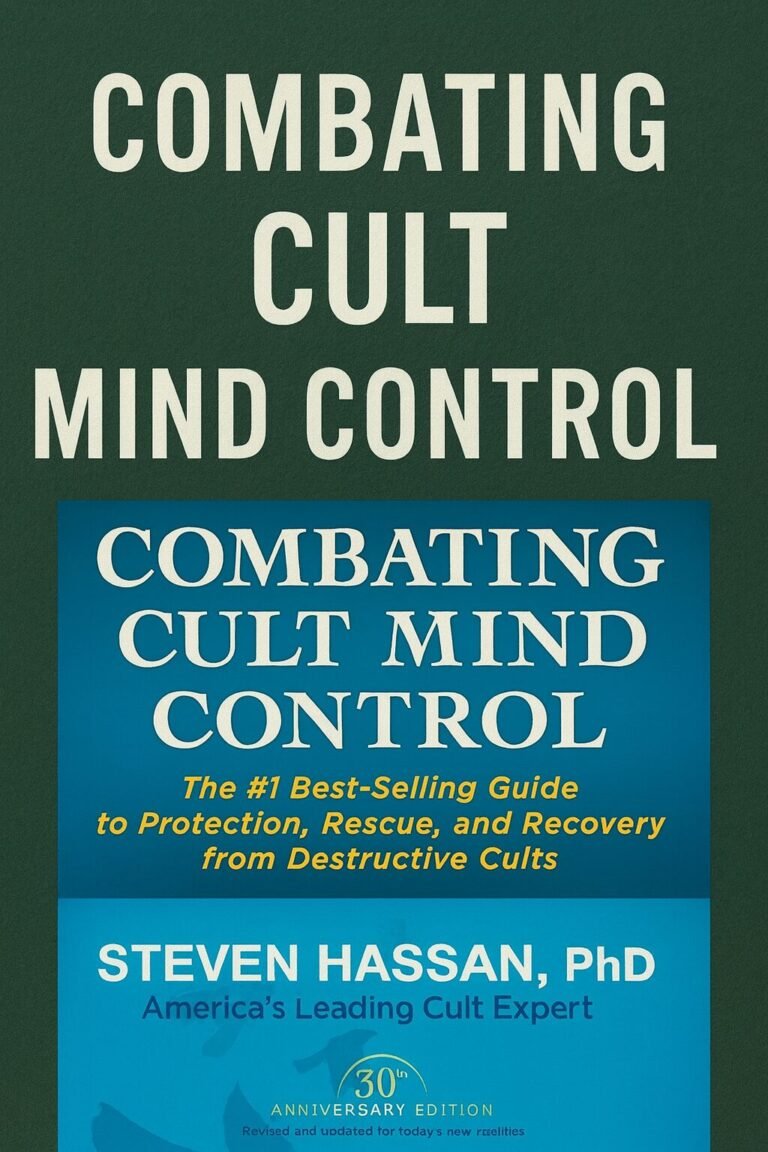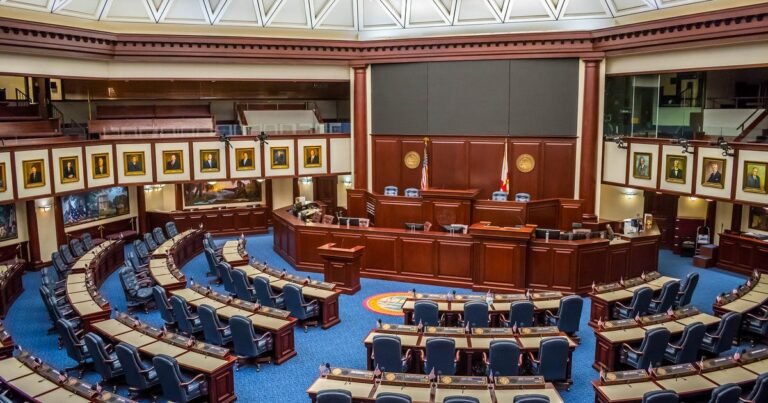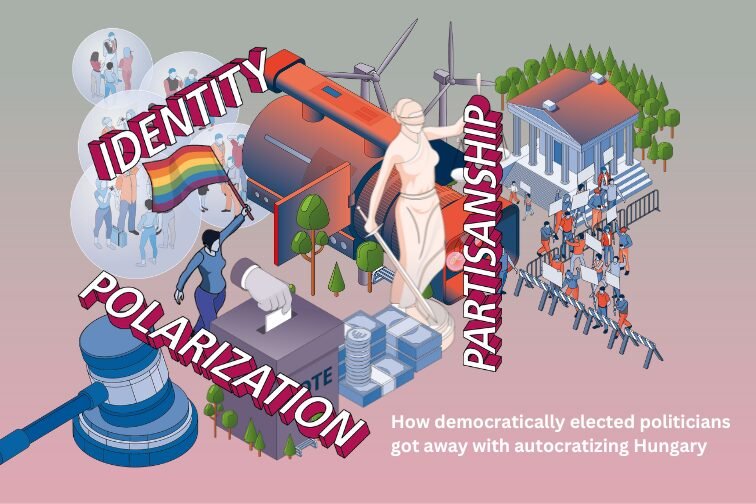Purpose Over Politics, Always
These are early notes. Rough by intent. I am naming what is hard and what is working while the work is still moving. Because this topic matters, I expect to produce a careful, sourced, and formal piece next that builds these ideas with data, law, and program evidence. In the past two years, new statutes and court rulings narrowed what colleges can fund and say about equity work. The rules shifted quickly, and the signal was plain. Caution rose. Confusion rose. Frustration ro…Momentum slowed. None of this reduced student need. The route to meet that need simply became more complex.
On the ground, staff keep showing up with purpose. Everyday. They want students to learn, to remain enrolled, and to finish strong. They also spend more time checking language, policy, and process. A flyer goes to review. A meeting gains two extra readers. A simple idea needs a second draft to lower risk. The same statement lands differently depending on who says it and in which room it is said. That is the climate. The mission still stands.
My approach is thoughtful, steady and universal. I center barriers anyone can face. Time. Money. Course demands. Campus navigation. I write the purpose in language any parent can understand. I keep access open with neutral, clear rules that are simple to apply. I track results, share them, and fix what does not work. No theatrics. Just the work.
The harm shows up in small habits that stack. You rehearse plain sentences in the car before a meeting. You send email with extra care because a single word may be contested. You watch a colleague shelve a useful idea when the room goes quiet. The help shows up in small habits too. Clear guidance. Shared templates. Practice circles that test ideas before they go public. Many small acts, repeated, protect both purpose and compliance.
This piece is a sketch of something more robust I got to get out of my system. The longer piece will lay out examples with specificity, name tradeoffs, and show outcomes. It will connect program design to case law, policy guidance, and campus data. I may publish a separate scholarly article that lays out the framework and methods, so the practice and the scholarship speak to each other. Accuracy and trust will anchor that work.
What I write here and subsequently aligns with my earlier writings and vlog podcats. Democracy is worth the effort! I have no patience for nihilism or fatalism. But as Tanihisi stated, I am aware that I may not see the end goal in my lifetime. Also, I want to state clearly that political violence has no place in civic life. But that said, political violence has been the lived experience of some Americans since the country began. I can’t give you that, those that know understand if you don’t go read a history book while it’s still available.
All of this feels so irresponsible. Students deserve structure, dignity, and clear paths to succeed. Leaders must act with courage, even when the rules are tight. They should.
I close with a plea to people who believe in the beauty of shared life. Choose calm language, fair process, and patient listening, even when it costs energy. Protect spaces where people can learn, argue, forgive, and try again. Stand up for policies that treat each person with respect and keep the door open for everyone. Choose the slow work of trust over the fast thrill of spite. Trust builds. If we hold that line together, campuses can remain safe, honest, and welcoming, and we can model the country we mean to become.
Reflective Questions
- Identify where labels or habits slow support on your campus, then rewrite the purpose so the door stays open and the work stays lawful.
- Choose two colleagues and form a small practice circle to share workload, compare results, and keep one another steady.







